Question And Answer
Publications
Articles, publications, books, tools and multimedia features from the U.S. Institute of Peace provide the latest news, analysis, research findings, practitioner guides and reports, all related to the conflict zones and issues that are at the center of the Institute’s work to prevent and reduce violent conflict.
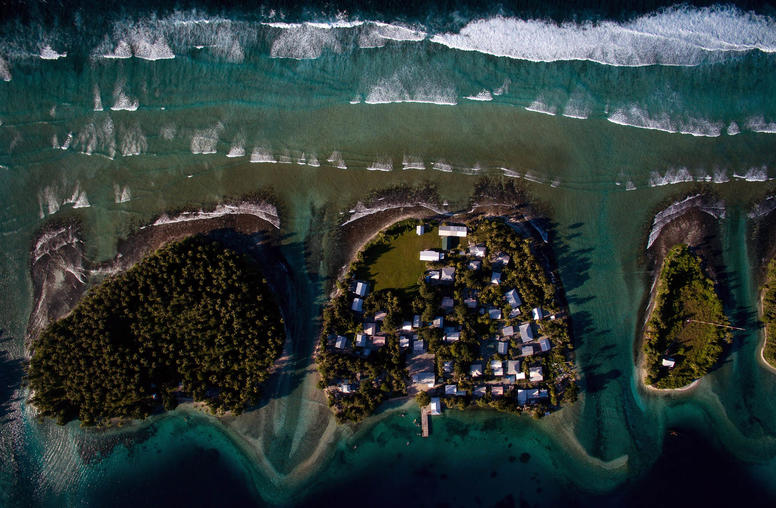
Pacific Islands Forum: Leaders Want to Focus on Climate Change, Not Geopolitics
The annual Pacific Islands Forum (PIF) Leaders Meeting will convene next week in Suva, Fiji, against the backdrop of increasing geopolitical competition in the region. But as the United States and its partners grow increasingly wary of China’s strategic interests in the Pacific Islands, leaders of PIF member states seek to shift regional attention to their greatest security concern: climate change.
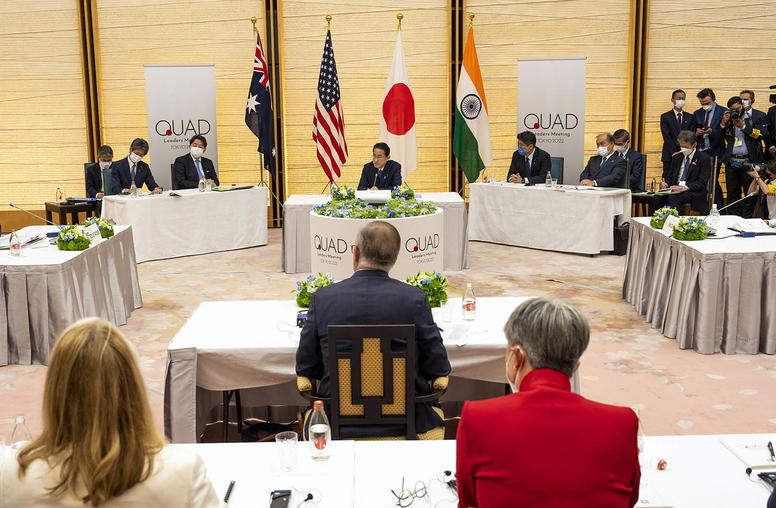
Amid Ukraine War, U.S. Signals the Indo-Pacific is a Vital Priority
While the Ukraine war continues to dominate policymakers’ attention, the Biden administration has engaged in a series of diplomatic initiatives with allies and partners across the Indo-Pacific region over the course of the last two months. The message is clear: Washington sees the Indo-Pacific as the world’s principal geostrategic region, with a host of challenges to meet — like competition with China and climate change — and opportunities to seize, particularly related to technology and the economy.
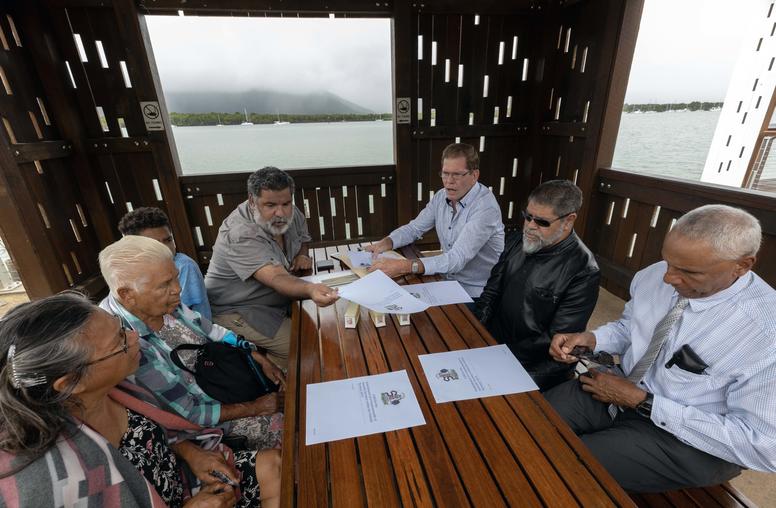
What Is Indigenous Foreign Policy? Lessons from Australia and New Zealand
In early May, the Solomon Islands — the second largest recipient of Australian aid — signed a security agreement with China, raising concerns about the potential for the creation of a Chinese military base a short distance from Australia’s shores. Coming mere weeks before Australian elections, this announcement was widely seen by Australians as a failure of their foreign policy and helped turn national security into a high priority for the elections.

Brian Harding on the U.S.-ASEAN Summit
Ahead of this week’s U.S.-ASEAN summit, USIP’s Brian Harding says the Biden administration is “kicking off a really intense period of diplomatic engagement with Asia” with plans to draw a contrast with China and seek cooperation on issues such as climate change and supply chains.
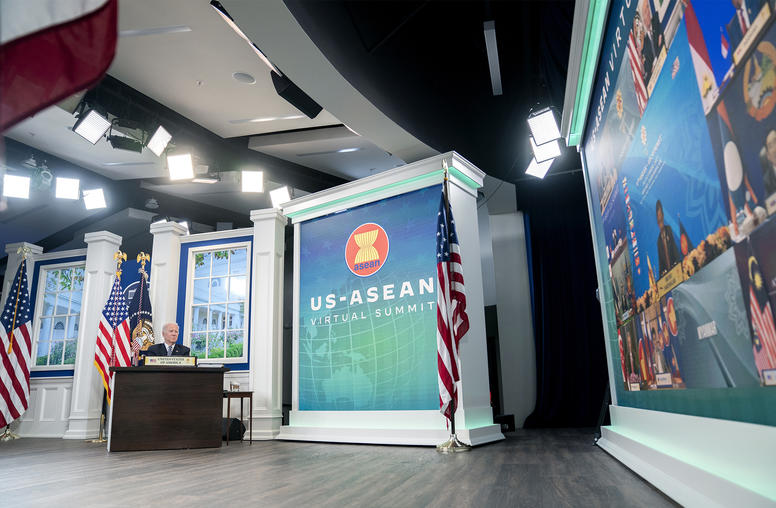
What to Expect From the U.S.-ASEAN Summit
USIP’s Brian Harding explains how ASEAN factors into the Biden administration’s “Indo-Pacific Strategy,” what ASEAN countries want from Washington, and how the war in Ukraine and deteriorating situation in Myanmar will be addressed at the summit.

Brian Harding on Secretary Blinken’s Trip to Southeast Asia
While China’s influence in Southeast Asia is inevitable, the region welcomed Secretary Blinken’s recent trip as a counterweight to Beijing, says USIP’s Brian Harding: “[The region] wants balance, which means they want the United States to be as engaged as possible.”
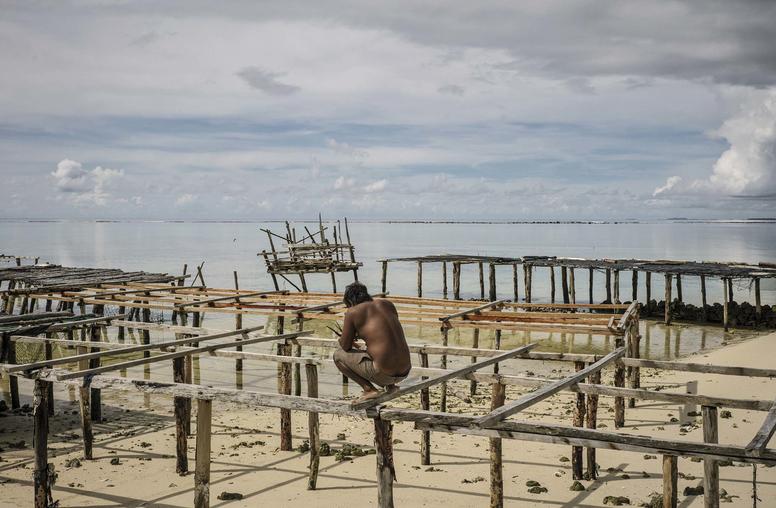
Climate, COVID and China Drive U.S.-Pacific Islands Engagement
The Pacific Islands Forum (PIF) held its 51st leaders meeting on August 6, with Fiji serving as virtual host. The PIF is comprised of 18 members, and the United States is among 18 PIF Dialogue Partners that participate in an annual post-forum dialogue. This year, President Joe Biden led the U.S. delegation and delivered his own address, a first for a U.S. president and a demonstration of the strategic importance of Pacific Island nations to U.S. priorities like climate change, COVID-19 and competition with China. USIP’s Jennifer Staats and Brian Harding discuss what PIF members and Washington want from each other and the major issues facing the region.

Brian Harding on Defense Secretary Austin’s Trip to Vietnam
While cooperation on war legacy issues topped the agenda during U.S. Defense Secretary Austin’s recent trip to Vietnam, USIP’s Brian Harding says the deepening U.S-Vietnam relationship is, in part, meant “to balance what they’re concerned about on [Vietnam’s] northern border” with China.
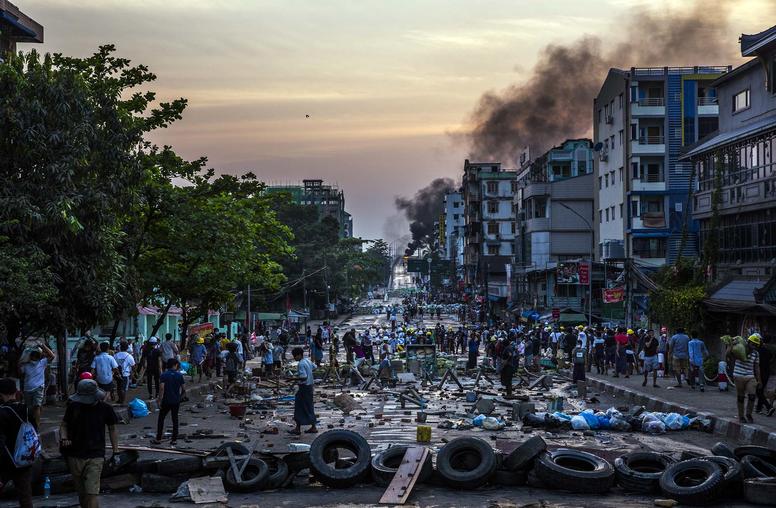
Myanmar Coup Weakens Southeast Asia Security and Cooperation
Southeast Asian governments have reacted to the coup in Myanmar in diverse ways that reflect divergent interests. Some, such as Singapore, have condemned the generals’ violence against anti-coup protesters. Others, including Vietnam, have strategic concerns behind their limited willingness to speak out. Cambodia may believe it benefits from the takeover as international attention shifts to Myanmar. They can all agree, though, that fallout from the coup is damaging the Association of Southeast Asian Nations (ASEAN) at a time when the broader regional order is in flux.
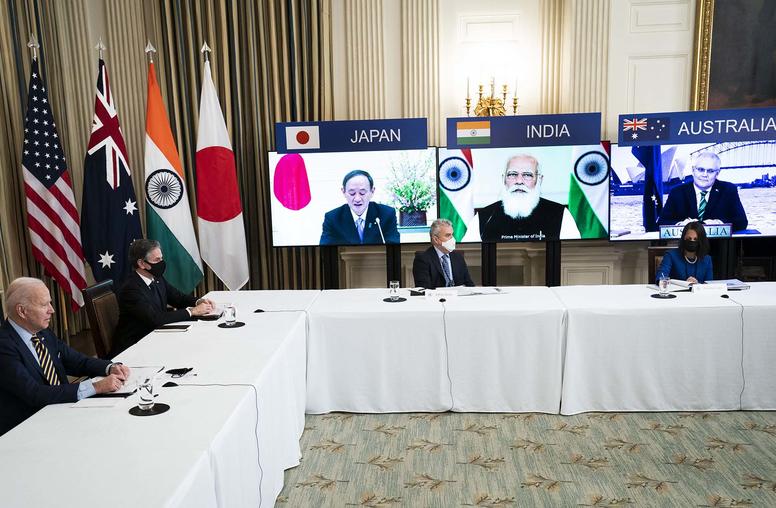
Austin, Blinken Affirm U.S. Commitment to Asian Allies
U.S. Secretary of State Antony J. Blinken and U.S. Defense Secretary Lloyd Austin are in Asia this week for their first official foreign trip. They held meetings in Japan and South Korea. Blinken returned to the United States via Alaska where he and U.S. National Security Advisor Jake Sullivan meet with their Chinese counterparts today, while Austin is in India. On March 12, President Joe Biden and the leaders of Australia, India and Japan participated in a virtual summit of the “Quad,” a strategic dialogue between the four countries aimed at ensuring an open, free and prosperous Indo-Pacific region.